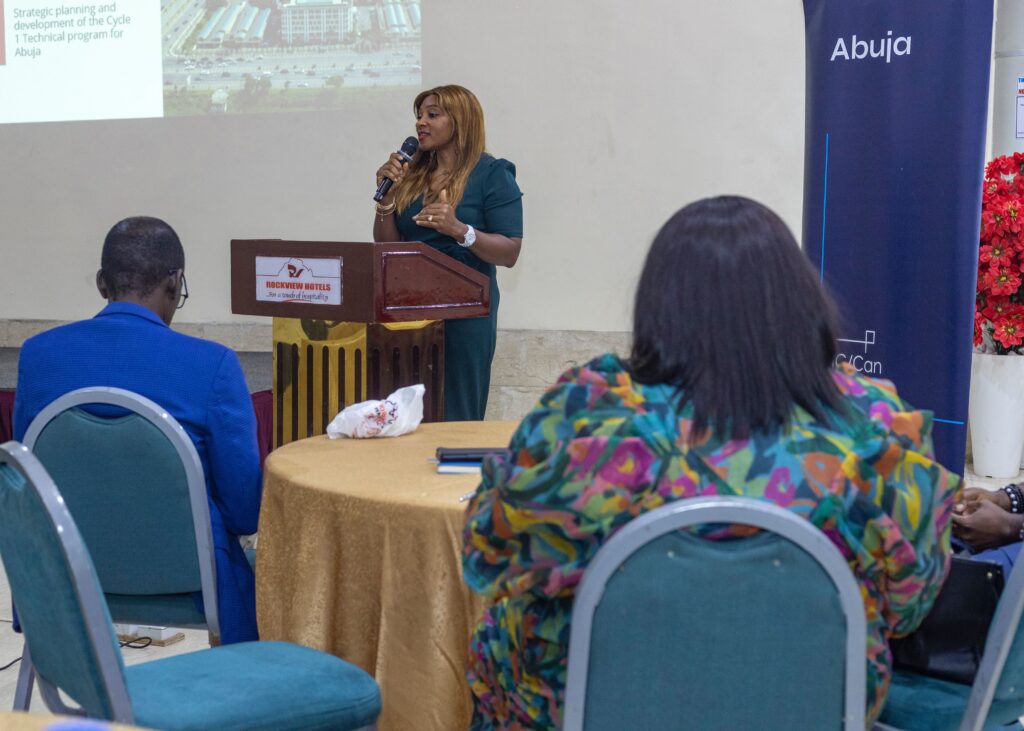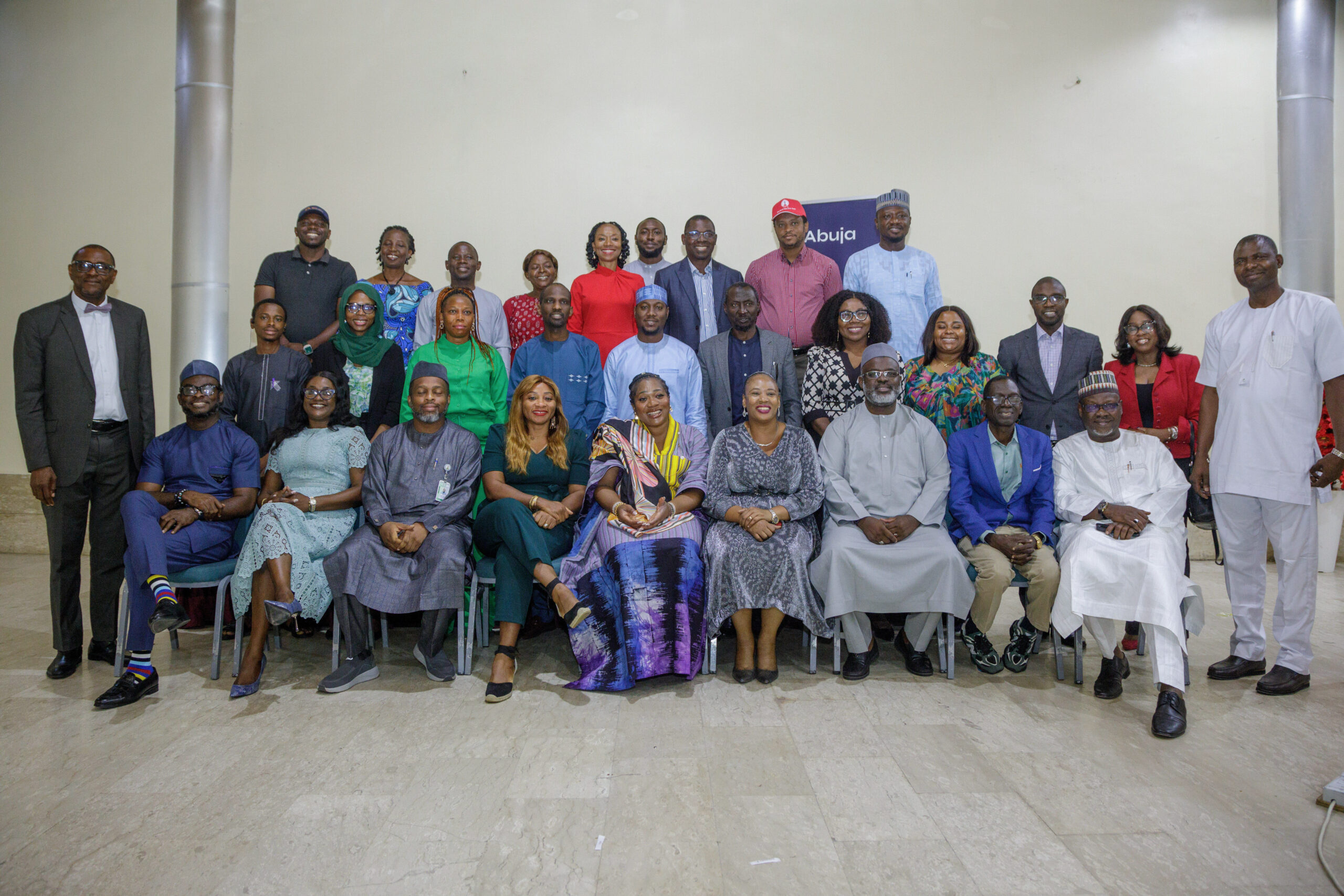
25 June 2025 – Abuja, Nigeria – Abuja is making significant progress in transforming cancer care through strengthened stakeholder collaboration and data-driven planning. A major milestone in this journey is the successful completion of a comprehensive cancer care needs assessment. This critical process, carried out in collaboration with City Cancer Challenge (C/Can), marks a foundational step toward evidence-based, locally-driven cancer solutions.
A Key Milestone in the C/Can Process
The city-wide assessment engaged local stakeholders across the cancer care continuum to collect and analyse data specific to Abuja. 13 health institutions, 66 health care professionals, 16 civil society organisations and 542 patients participated in the needs assessment. The aim was to ensure strong local participation and ownership in identifying the city’s core capacities, major gaps, and priority actions needed to strengthen cancer care delivery.
Since joining C/Can’s city network in May 2023, Abuja has established a robust local governance structure to lead this effort. A multisectoral City Executive Committee (CEC), made up of 25 representatives from public and private institutions, was formed to guide the initiative. The CEC appointed a City Technical Committee (CTC), comprising four leading clinicians representing the full spectrum of cancer care specialities, to coordinate the technical work needed for the assessment.
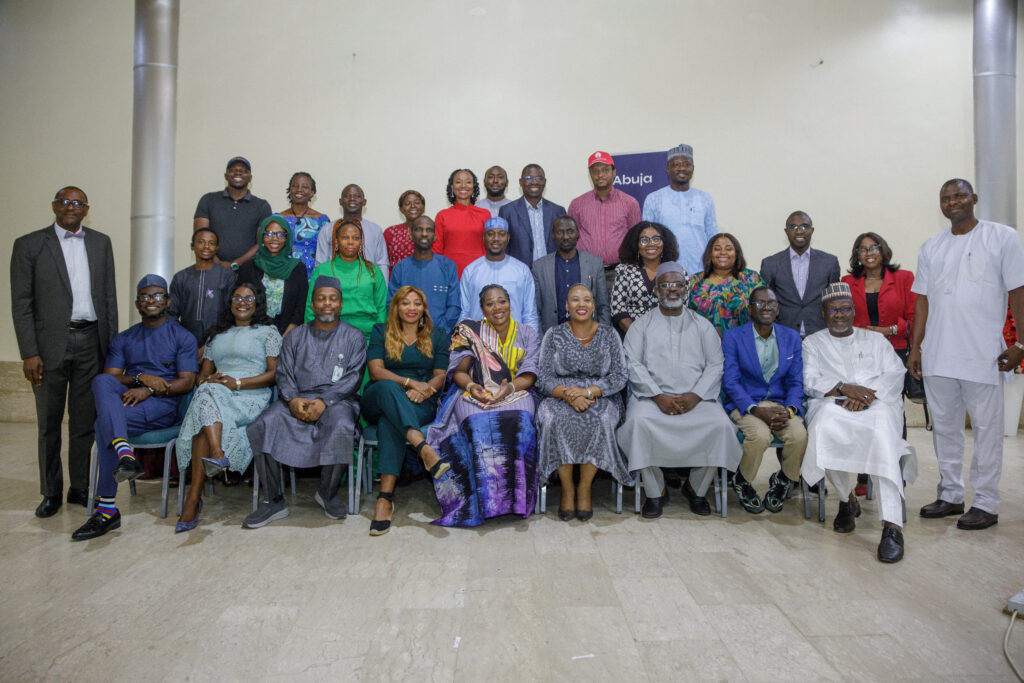
Collaborative and Evidence-Based Process
Supported by C/Can in collaboration with the Federal Ministry of Health and the Federal Capital Territory Administration (FCTA), the Technical Committee led a wide-ranging data collection and review process on four core areas, management and quality of care, core diagnostics, core treatment and patients and community access. All needs assessment thematic working group members recently convened to validate findings, identify the main challenges, and propose priority actions. The thematic areas included, city health systems, institutional management and overview, radiology, nuclear medicine, pathology, clinical laboratory, radiotherapy, systemic treatment, haematology, pediatric oncology, cancer surgery, palliative care, civil society and patients perspectives. These meetings ensured that the results reflected the collective input of a broad base of local health experts.
One of the most significant outcomes of the assessment was identifying critical gaps in pathology services and the urgent need to strengthen diagnostic capacity across Abuja,
said Dr. Ben Achusi, member of the needs assessment working group for Cancer Diagnosis.
On 25 June, members of the City Technical Committee met to finalise their findings and develop clear, evidence-based messages and proposed actions for presentation to the City Executive Committee.
The strength of this assessment lies in its depth and inclusiveness. We brought together clinicians, researchers, policymakers, data specialists, and civil society to ensure a 360-degree view of Abuja’s cancer care landscape. This collaborative, evidence-based approach not only gives us a solid technical foundation but also ensures that the solutions we develop will be both realistic and locally-owned.
said Uchechukwu Emmanuel Nwokwu, Coordinator, National Cancer Control and Nuclear Medicine Program, of the Federal Ministry of Health and Social Welfare, and member of the C/Can Abuja City Technical Committee.
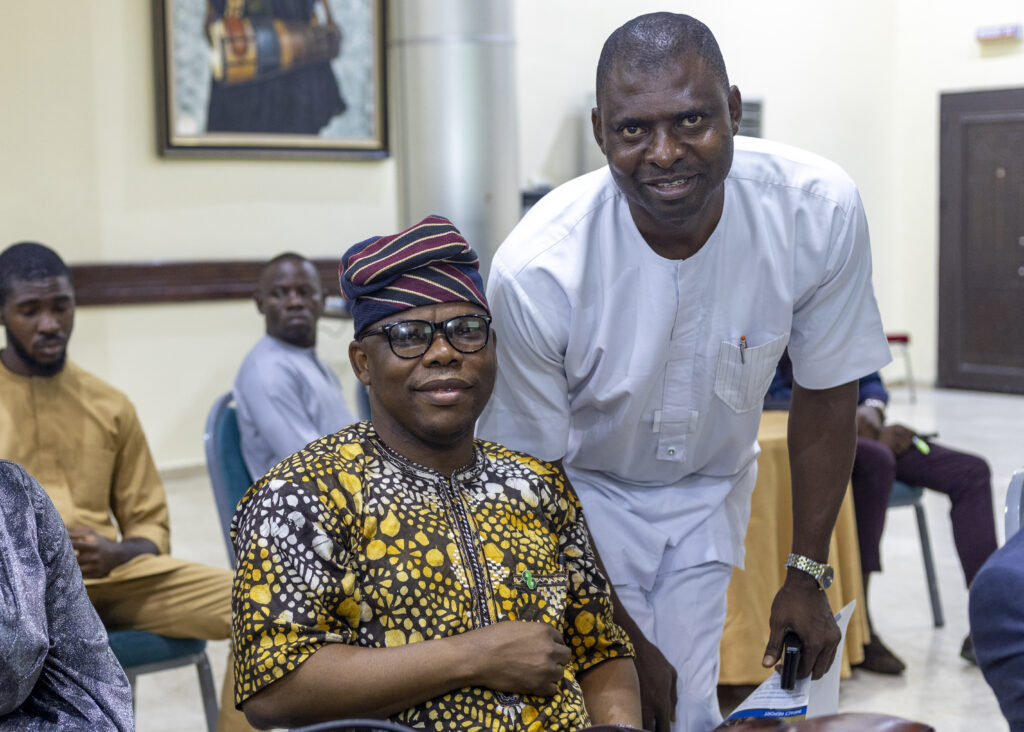
Final Endorsement by City Leadership
Today’s presentation to the City Executive Committee marked the culmination of the assessment phase. Thematic leads presented the completed Report, outlining the main challenges identified and priority actions for strengthening cancer services in Abuja. Some of the priority actions agreed among the four core areas assessed were health work force development, cancer care financing, digital health improvement and patient navigation services. The committee endorsed the findings and expressed commitment to the next phase of strategic planning.
This endorsement paves the way for evidence-based, locally-driven planning that will inform the design and implementation of effective and sustainable cancer care solutions.
This assessment marks a significant step forward for Abuja. For the first time, we have a clear, data-driven picture of the strengths and gaps in our cancer care system. With this foundation, we are better equipped to make informed decisions, allocate resources more effectively, and develop solutions that truly reflect the needs of our population. Our collaboration with C/Can reinforces our commitment to delivering quality, accessible cancer care for all residents of Abuja
said Dr. Dolapo Fasawe, Mandate Secretary – Health Services and Environment Secretariat, Federal Capital Territory, Abuja, and Chair of the C/Can Abuja City Executive Committee.
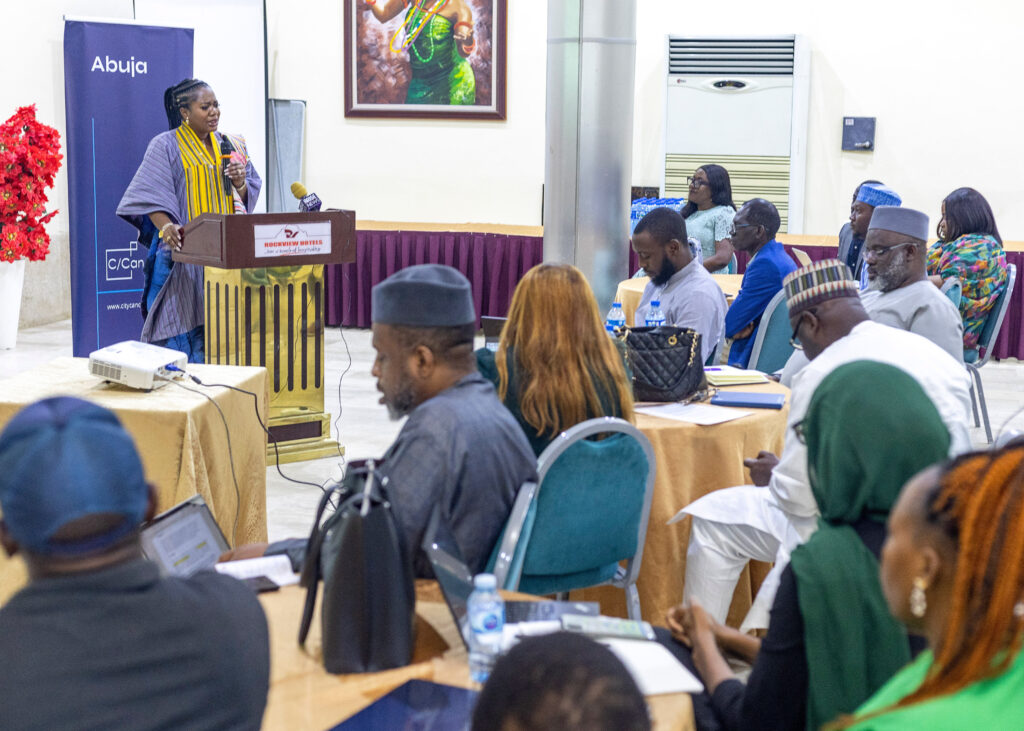
Looking Ahead
The findings of the assessment will inform the development of targeted, high-impact solutions tailored to the city’s needs. This includes facilitating better resource allocation, policy-making, program design, planning and implementation to address gaps in prevention, diagnosis, treatment, and palliative care.
The completion of the needs assessment in Abuja is a testament to the city’s commitment to building a strong, evidence-based foundation for cancer care. By engaging local stakeholders and collecting context-specific data, Abuja is setting itself up for success, not just for today’s challenges, but for the long-term improvement of cancer services. We’re proud to support the city on this transformative journey,
said Sophie Bussmann-Kemdjo, Director for Africa & Europe, City Cancer Challenge.
